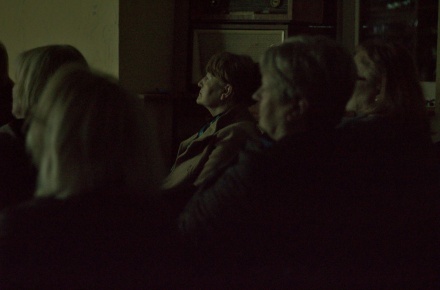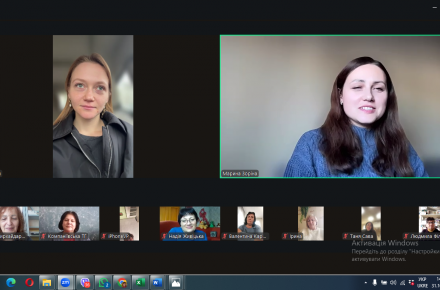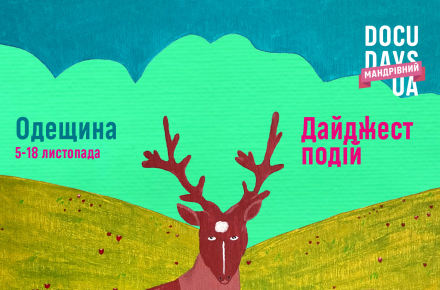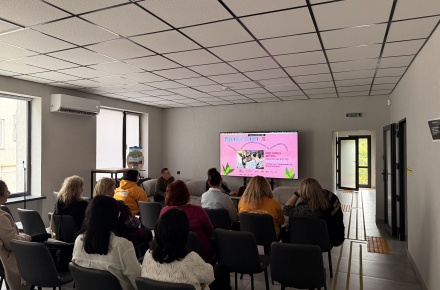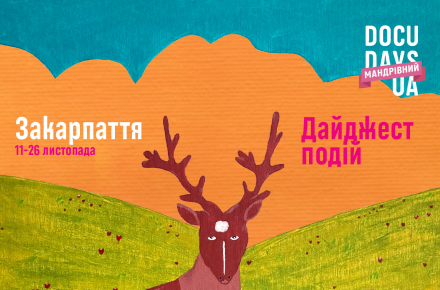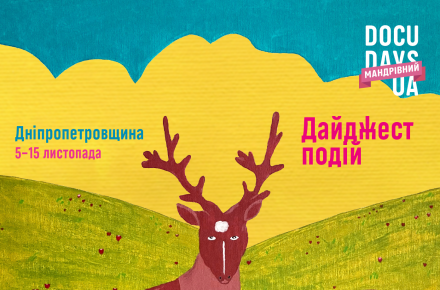The Travelling Festival at the “Na Rozi” Hub in Kherson, or How a Few Minutes Shifted the Focus of Life
The Travelling Festival at the “Na Rozi” Hub in Kherson, or How a Few Minutes Shifted the Focus of Life
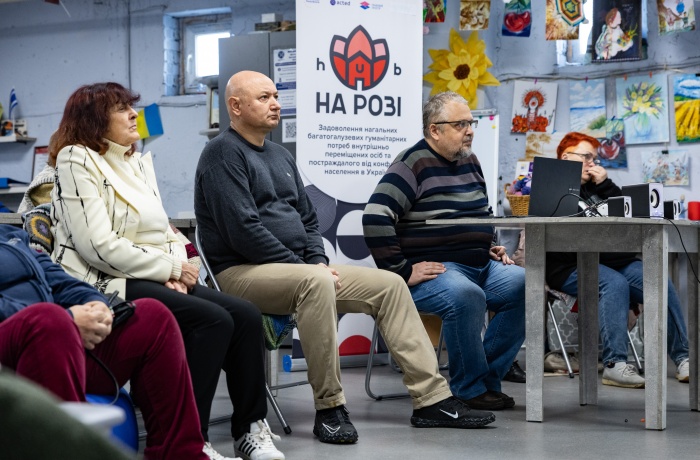
Pride, tenderness, and pain — these were the first feelings that overwhelmed the audience at the opening of the 22nd Travelling International Human Rights Documentary Film Festival Docudays UA “Rare Resource” in Kherson. The screening and discussion took place at the “Na Rozi” Hub on October 12, despite daily shelling of the city.
That day featured two events: a press conference — available for viewing on the pages of Travelling Docudays UA / Kherson and Region and the Legal Space Information Resource Center — and the screening of a short film by Ukrainian director Antonio Lukich, How I Spent My Summer Holidays.
Despite the danger, more than twenty viewers gathered at the Hub. The film lasts less than 15 minutes, yet that time was enough to stir a wave of deep emotions and reflections. The discussion after the screening lasted several times longer than the film itself. The talk was moderated by Dementiy Bilyi, head of the Kherson Regional Committee of Voters of Ukraine and human rights expert.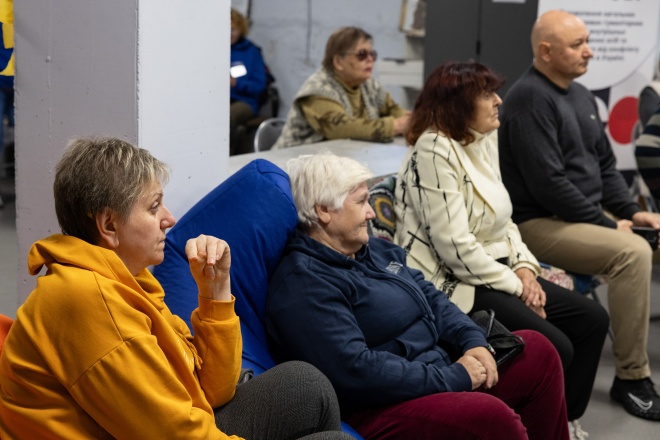
Photo: Oleksandr Andriushchenko, Media Platform “Vgoru”
Voices of the audience
“This film reminded me how we used to take peaceful life for granted. Now we cherish every moment. Children feel it especially sharply because their childhood was taken from them.”
“I was struck by the fact that older teenagers still remember Crimea, while children under 11 do not. Preschoolers can’t even imagine our Kherson beaches…”
“I liked that they live. Even though they’ve been limited in everything — they don’t give up.”
“The feelings are polar. On one hand — longing for what used to be: the first school bell, ribbons, peace. On the other — pride. Our children are different, strong, intelligent. Ukraine will endure, because they are our future.”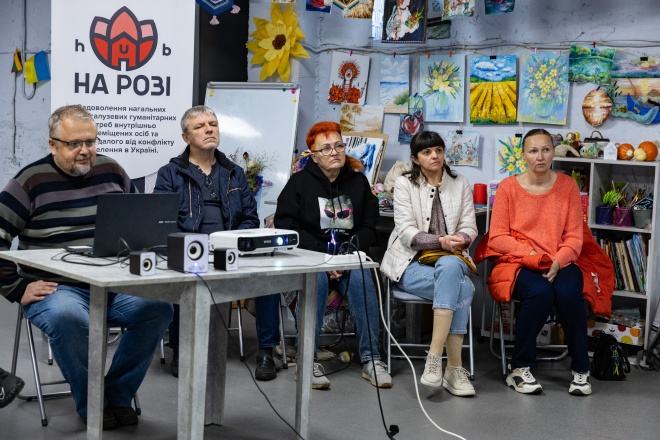
Photo: Oleksandr Andriushchenko, Media Platform “Vgoru”
Children as a “rare resource”
Russian aggression has deprived Ukrainian children of a carefree childhood and divided them among different worlds. Some are growing up under shelling. Others — in safety abroad, adapting to a new culture. And some remain under occupation, in a hostile information environment.
Our children truly are a “rare resource,” the future of the country. And the question of how to reunite these fragmented childhood worlds after victory is already before us, the adults.
Author: Iryna Ukhvarina
* This film can currently be seen only during the Travelling Docudays UA, exclusively offline. The festival always strictly observes copyright. More about the idea behind the film and other works by the young but incredibly talented Ukrainian director can be found on the Docudays UA website.
** Organizers of the festival: NGO “Docudays,” the Ukrainian Helsinki Human Rights Union, the Charity Organization “Mercy and Health Fund,” and the NGO “Center for Modern Information Technologies and Visual Arts.” Partners and co-organizers of the festival in the regions are 29 well-known public initiatives and organizations.
Partners of the 22nd Travelling Docudays UA in Kherson region are the Charity Organization “Mercy and Health Fund” and the NGO “Information Resource Center ‘Legal Space.’”
*** The “Na Rozi” Hub was created and is maintained by the NGO “IRC ‘Legal Space’” in cooperation with the homeowners’ association and the French international humanitarian organization Acted, within the framework of the Response Consortium with financial support from the Bureau for Humanitarian Assistance (BHA).
The 22nd Travelling Docudays UA is held with financial support from the European Union, the Embassy of Sweden in Ukraine, and International Media Support. The opinions, conclusions, or recommendations expressed do not necessarily reflect the views of the European Union, the governments, or charitable organizations of these countries. Responsibility for the content of the publication lies solely with its authors.








